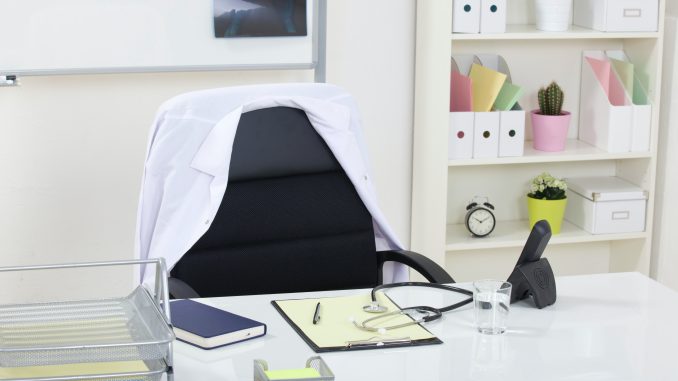
Ear problems are common and can range from minor conditions to severe infections requiring prompt medical attention. Ear, nose, and throat (ENT) specialists are trained to diagnose and treat various ear problems.
- Ear Infections
Ear infections are among the most common ear problems affecting people of all ages, especially children. An ear infection is caused by a bacterial or viral infection in the middle ear, the space behind the eardrum. Symptoms of an ear infection include pain in the ear, fever, hearing loss, and difficulty sleeping. ENT doctors of an ear clinic may prescribe antibiotics to treat bacterial infections or recommend pain relief medication to alleviate discomfort.
- Tinnitus
Tinnitus is a condition that causes ringing, buzzing, or hissing in the ears, even when there is no external sound present. Various factors, including exposure to loud noise, earwax buildup, or certain medications, can cause this condition. ENT doctors may recommend hearing aids or other devices to help manage tinnitus. They may also suggest lifestyle changes, such as avoiding loud noises or reducing stress, to reduce the symptoms.
- Hearing Loss
Hearing loss is a common ear problem due to age, injury, or exposure to loud noises. ENT doctors can perform hearing tests to determine the cause and severity of a hearing loss. Depending on the diagnosis, they may recommend hearing aids, cochlear implants, or other surgical procedures to restore hearing. They may also recommend lifestyle changes, such as reducing exposure to loud noises or avoiding certain medications that can cause hearing loss.
- Eustachian Tube Dysfunction
The eustachian tube connects the middle ear to the back of the throat and helps regulate pressure in the ear. Dysfunction of the eustachian tube can cause a feeling of fullness in the ear, muffled hearing, and even pain. ENT doctors may recommend decongestants or nasal sprays to relieve eustachian tube dysfunction symptoms. In some cases, surgery may be required to open the eustachian tube and improve hearing.
- Vertigo
Vertigo is a condition that causes a feeling of dizziness or whirling, even when you are standing still. It can be due by various factors, including inner ear disorders like Meniere’s disease. ENT doctors may recommend medications, such as antihistamines or sedatives, to manage the symptoms of vertigo. They may also recommend specific exercises, such as the Epley maneuver, to reposition the crystals in the inner ear and alleviate the symptoms.
- Otosclerosis
Otosclerosis is a condition that causes abnormal bone growth in the middle ear, which can lead to hearing loss. ENT doctors may recommend surgery, such as a stapedectomy, to remove the abnormal bone and restore hearing. They may also recommend hearing aids to manage the symptoms of otosclerosis.
- Wax Buildup
Earwax is a natural substance that helps protect the ear from dirt and bacteria. However, excessive buildup of earwax can cause hearing loss, ear pain, and ear ringing.
ENT doctors may recommend eardrops to soften the earwax and make it easier to remove. They may also use special instruments, such as a curette or suction device, to remove the earwax safely.
